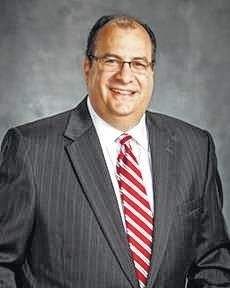Click here to subscribe today or Login.
Tax payers will have new hurdles this tax season with the Affordable Care Act and IRS budget shortfalls, while trying to take advantage of existing energy tax credits, said Mitchell Gerstein, certified public accountant.
April 15, the federal and state deadline is getting closer and taxpayers are sorting through the new forms required by the Affordable Care Act.
Those enrolled in the Health Insurance Marketplace Exchange will receive a 1095A form, which is equivalent health insurance statement, Gerstein said in a webinar Tuesday,
This will be needed to fill out a new tax form, 8962. This form is required to ensure taxpayers are utilizing tax credits for health coverage offered through the marketplace.
Taxpayers with a lapse of health insurance coverage will need to record that on form 8965, for health coverage exemptions, said Gerstein, of with CliftonLarsonAllen in Philadelphia.
If covered under their employer’s health insurance policy, taxpayers will not have to fill out any additional forms, he said.
This is also the first year fines for not having health insurance will kick in.
Penalties can range from $95 per person, or $47.50 per child under 18, up to one percent of their total household income. Next year, fines will increase to $695 per person or 2.5 percent of their total income.
Another issue faced by taxpayers this year are staffing restraints cause by IRS budget cuts combined with out-dated technology, he said.
Gerstein said taxpayers trying to call into the IRS can expect to experience longer than normal wait times.
Also, homeowners and business owners may qualify for the energy tax credit incentives, allowing for a 10 percent credit on qualifying installation of insulation, doors, windows or roof.
The Investment Tax Credit, which will be valid until December 2016, provides a 30 percent alternative energy credit to taxpayers who purchased and installed alternative energy systems such as solar hot water heaters or wind turbines for primary or secondary residences, Gerstein said.





